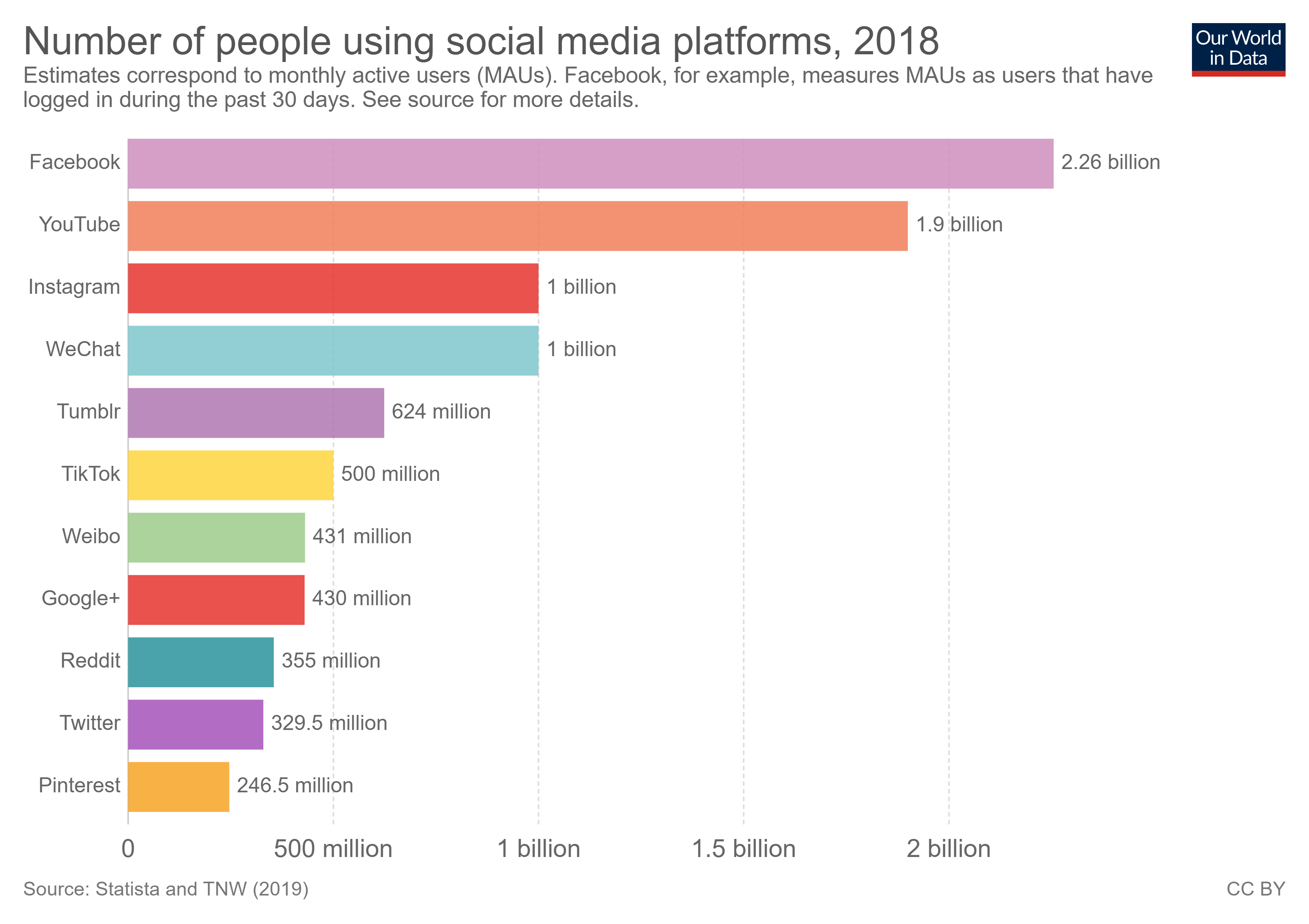
How has social media changed the world? World Economic Forum
USC study reveals the key reason why fake news spreads on social media. The USC-led study of more than 2,400 Facebook users suggests that platforms — more than individual users — have a larger role to play in stopping the spread of misinformation online. USC researchers may have found the biggest influencer in the spread of fake news.
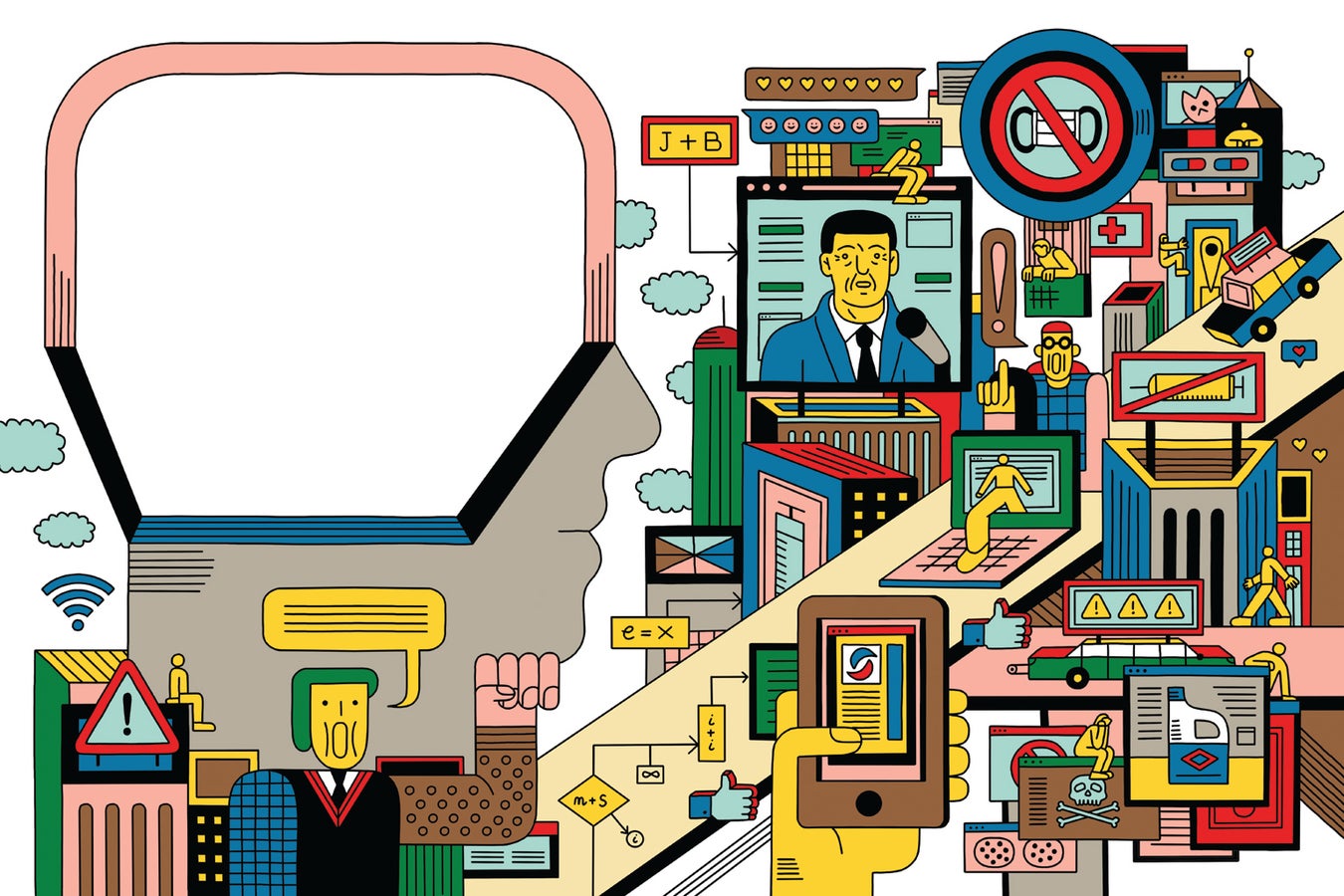
Information Overload Helps Fake News Spread, and Social Media Knows It Scientific American
1. Introduction. Although the spread of misinformation is as old as human history, social media has changed the game by enabling people to generate misinformation easily and spread it rapidly in an anonymous and decentralized fashion (Del Vicario et al., 2016; Wu et al., 2016).The impact of misinformation can be destructive to various aspects of our lives, from public health and politics to.

How to Grow your Social Media Awareness Kninja
Certainly social media is fertile terrain for misinformation campaigns. During the 2016 U.S. presidential election, Russia spread false information to at least 126 million people on Facebook and another 20 million people on Instagram (which Facebook owns), and was responsible for 10 million tweets.
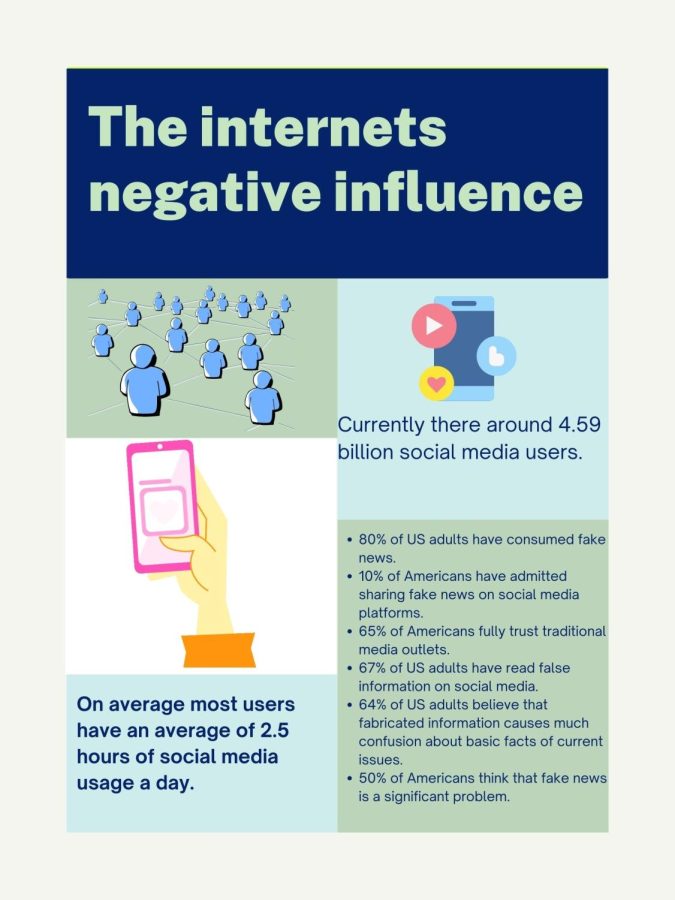
Social Media's Spread of Misinformation The Grizzly Growler
Misinformation spreads differently on social media than on legacy media such as television, radio, and newspapers. Mainstream news outlets tend to have robust safeguards in place to prevent and correct false claims, but several unique features of social media encourage viral content with low oversight.

12 Major Pros and Cons of Social Media Environment Buddy
The proportion of COVID-19 misinformation on social media ranged from 0.2% (413/212 846) to 28.8% (194/673) of posts. Of the 22 studies, 11 did not categorize the type of COVID-19-related misinformation, nine described specific misinformation myths and two reported sarcasm or humour related to COVID-19. Only four studies addressed the possible.

How Social Media Helped Spread The News infographic / Digital Information World
Fight misinformation with information. Currently, social media companies have adopted two approaches to fight misinformation. The first one is to block such content outright. For example.

Coronavirus News Spread Information not Fear Binary & Co
As widespread as misinformation online is, opportunities to glimpse it in action are fairly rare. Yet shortly after the recent attack in Toronto, a journalist unwittingly carried out a kind of.

How Ideas Spread The Role of Social Networks TEDxSydney
Cambridge, Mass., March 17, 2021—Simple interventions to reduce the spread of misinformation can shift peoples' attention toward accuracy and help them become more discerning about the veracity of the information they share on social media, according to new research led by David Rand , Erwin H. Schell Professor and an Associate Professor of.
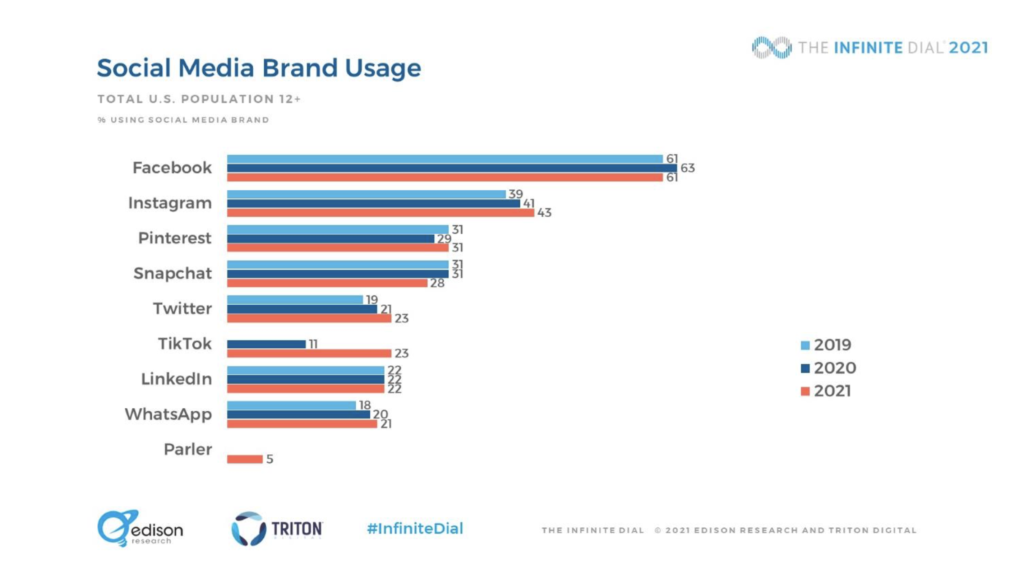
Social Media Usage Statistics for 2021 Reveal Surprising Shifts
The spread of misinformation in social media has become a severe threat to public interests. For example, several incidents of public health concerns arose out of social media misinformation during the COVID-19 pandemic. Against the backdrop of the emerging IS research focus on social media and the impact of misinformation during recent events.
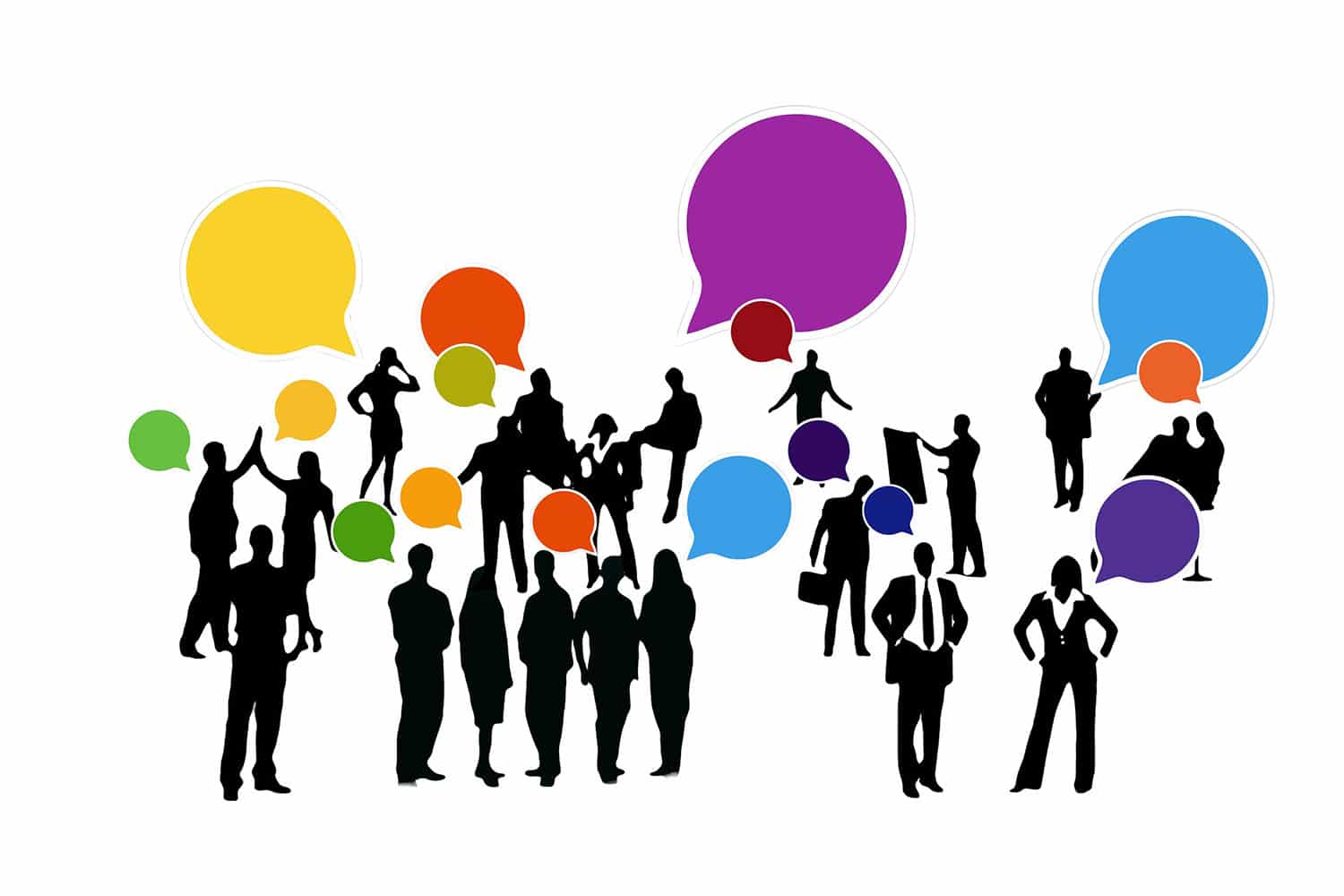
A new study explores how gossip spreads in social networks Tech Explorist
How Social Media Rewards Misinformation. A majority of false stories are spread by a small number of frequent users, suggests a new study co-authored by Yale SOM's Gizem Ceylan. But they can be taught to change their ways. In the early months of the COVID-19 pandemic, posts and videos promoting natural remedies for the virus—everything from.
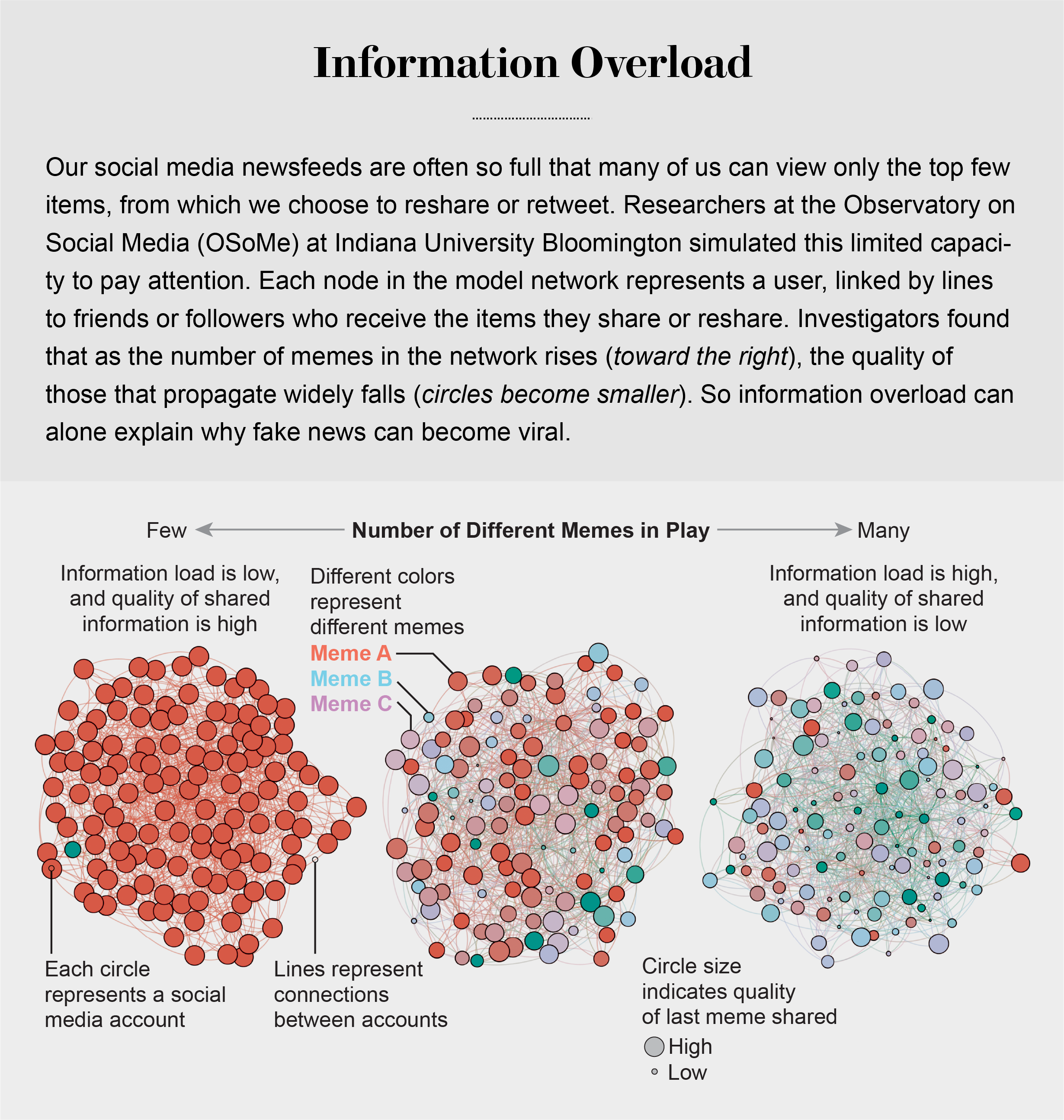
Information Overload Helps Fake News Spread, and Social Media Knows It Scientific American
By Steven Lee Myers. Oct. 13, 2022. It is well known that social media amplifies misinformation and other harmful content. The Integrity Institute, an advocacy group, is now trying to measure.

More than 50 of humans in the world use social media — here’s what you need to know
Beyond public figures who use their fame to speak about subjects in which they are not experts, there are also social media influencers who spread and amplify inflammatory information through the social media megaphone. Social media can be a breeding ground for hate and intolerance around hot-button issues. Furthermore, activists can exploit.

A New Year in misinformation What garbage will spread on social media in 2022?
Misinformation in social media is an actual and contested policy problem given its outreach and the variety of stakeholders involved. In particular, increased social media use makes the spread of.

5 social media do's and don'ts Spread the Word Media
Fake news on social media reached a crescendo surrounding the 2016 U.S. presidential election. Facebook officials testified that up to 60 million bots spread misinformation on its platform, while a study found that a quarter of preelection tweets linking to news articles shared false or extremely biased information.
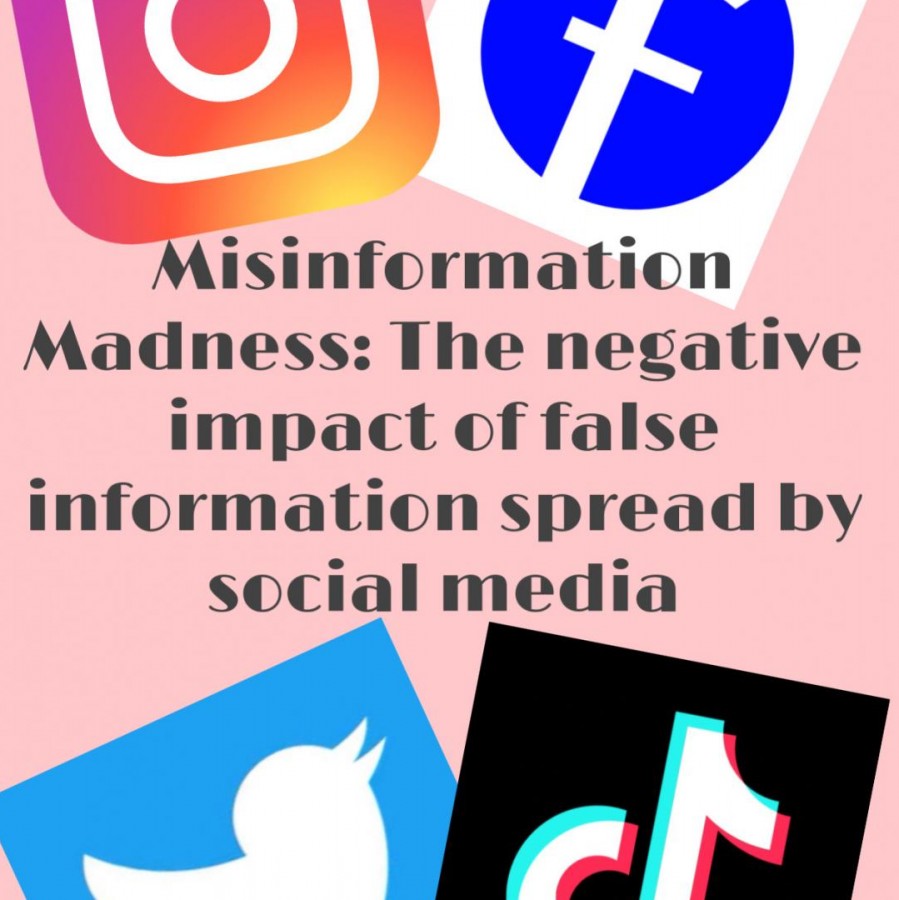
Misinformation madness The negative impact of false information spread by social media
Below is an overview of some MIT Sloan research about social media, fake news, and elections. Problems False rumors spread faster and wider than true information, according to a 2018 study published in Science by MIT Sloan professor Sinan Aral and Deb Roy and Soroush Vosoughi of the MIT Media Lab. They found falsehoods are 70% more likely to be.

Free Images podcast, popular, shows, announcement, app, share, news, programmes, people
Social media users can share information or spread the information that shows up on their news feed without checking to ensure the information is accurate and truthful. Recent studies have shown that an estimated 59 percent of social media users will share information without actually reading an article, but will share information based on the.